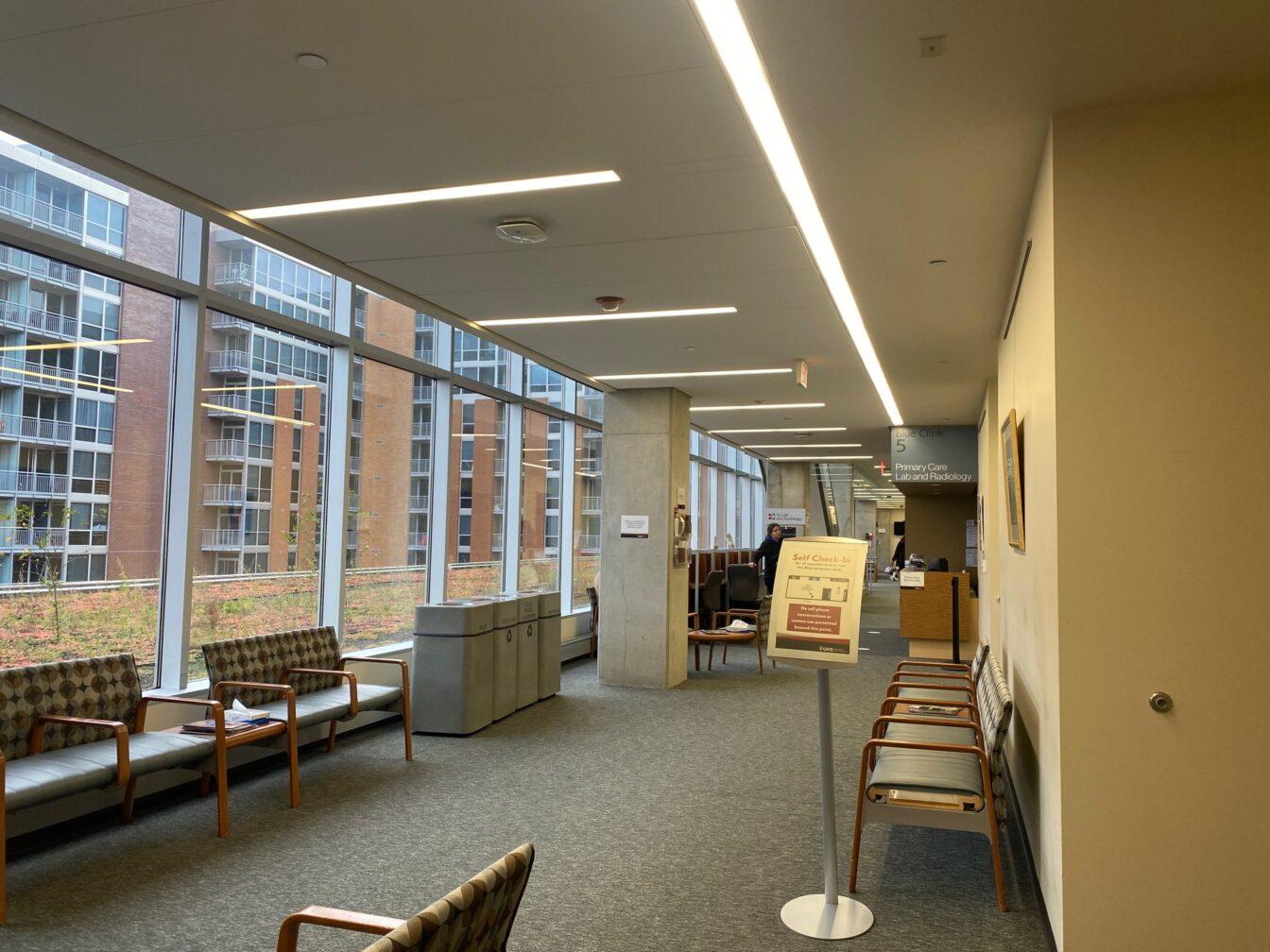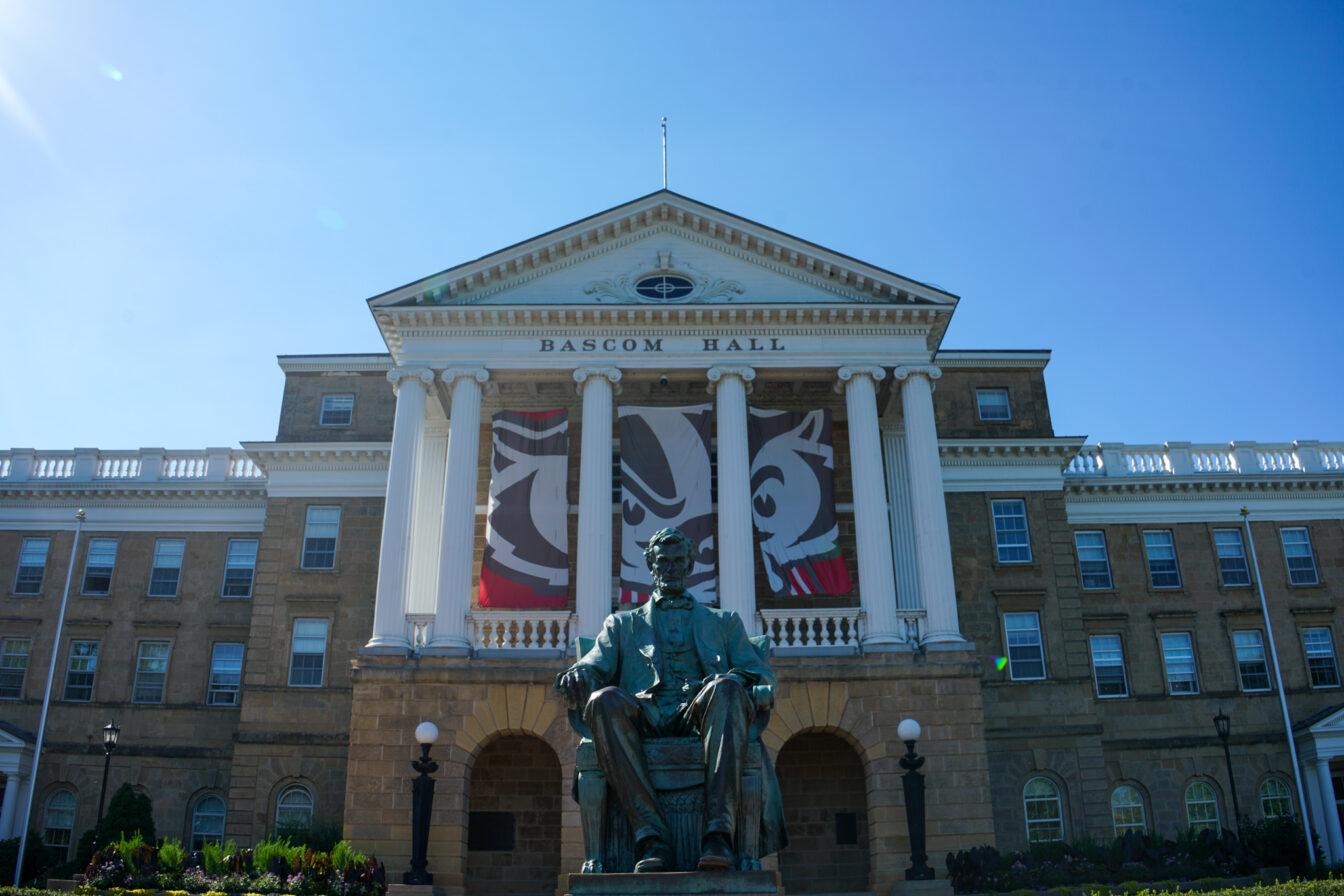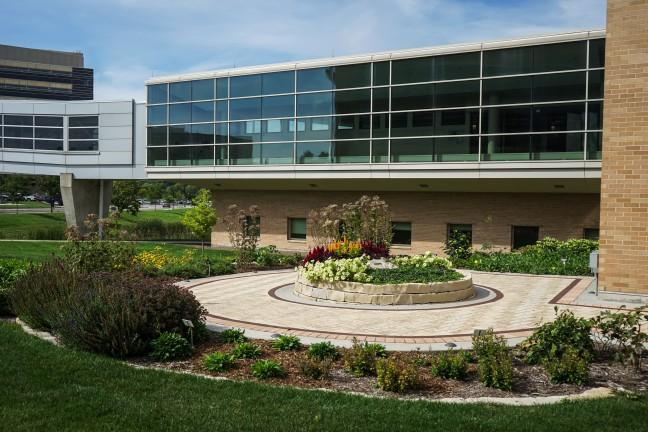Roads between Madison and Milwaukee might be too clogged to help bolster the valuable transportation industry in areas that might otherwise support increased freight travel, the annual Urban Mobility Report said.
The United States Department of Transportation funds the Center for Freight and Infrastructure Research and Education, which works to improve freight infrastructure, Director Teresa Adams said.
Madison ranked 57th in commodity value in a survey of metropolitan areas around the nation in the report published by the Texas Transportation Institute.
“Madison is a workhorse area,” said Jason Bittner, deputy director of CFIRE. “The ranking shows the relative importance of us as a link between the markets of Chicago and Minneapolis.”
Commodity value is calculated by taking the values of all shipments moving through a particular metropolitan area and ranking the results out of 100 possible points.
However, the report also showed glaring problems such as congestion and the level of delays. Madison was respectively ranked 33rd and 34th in total delay and trucking delay.
“There is some disadvantage to being somewhat of a ‘thorough-state’ between Minneapolis and Chicago,” Bittner said. “Since these two economic centers are always going to be the main draws, anytime you have stop-and-go traffic, productivity is lost.”
CFIRE has identified several solutions and strategies to alleviating these delays, Bittner added.
He said one low-cost solution being discussed includes changing lane restrictions in suburban areas and requiring trucks to stay out of the left lane.
He also noted all solutions come with another problem of forcing trucks to compete with merging traffic.
CFIRE is also eyeing the delivery restrictions on trucks and prohibition of unloading during certain time periods.
Bittner said restrictions have both positive and negative effects on freight movements, but removing restrictions would create further challenges in appropriate staffing for businesses.
The biggest problem, however, comes with the budget, he added.
Bittner said one of the items that will continue to be a challenge with any of the presented strategies that have been recommended is that they will require extension and rededication of funds.
He cited infrastructure overhauls to alleviate bottlenecks as one potentially costly undertaking necessary to improve current transportation issues.


















